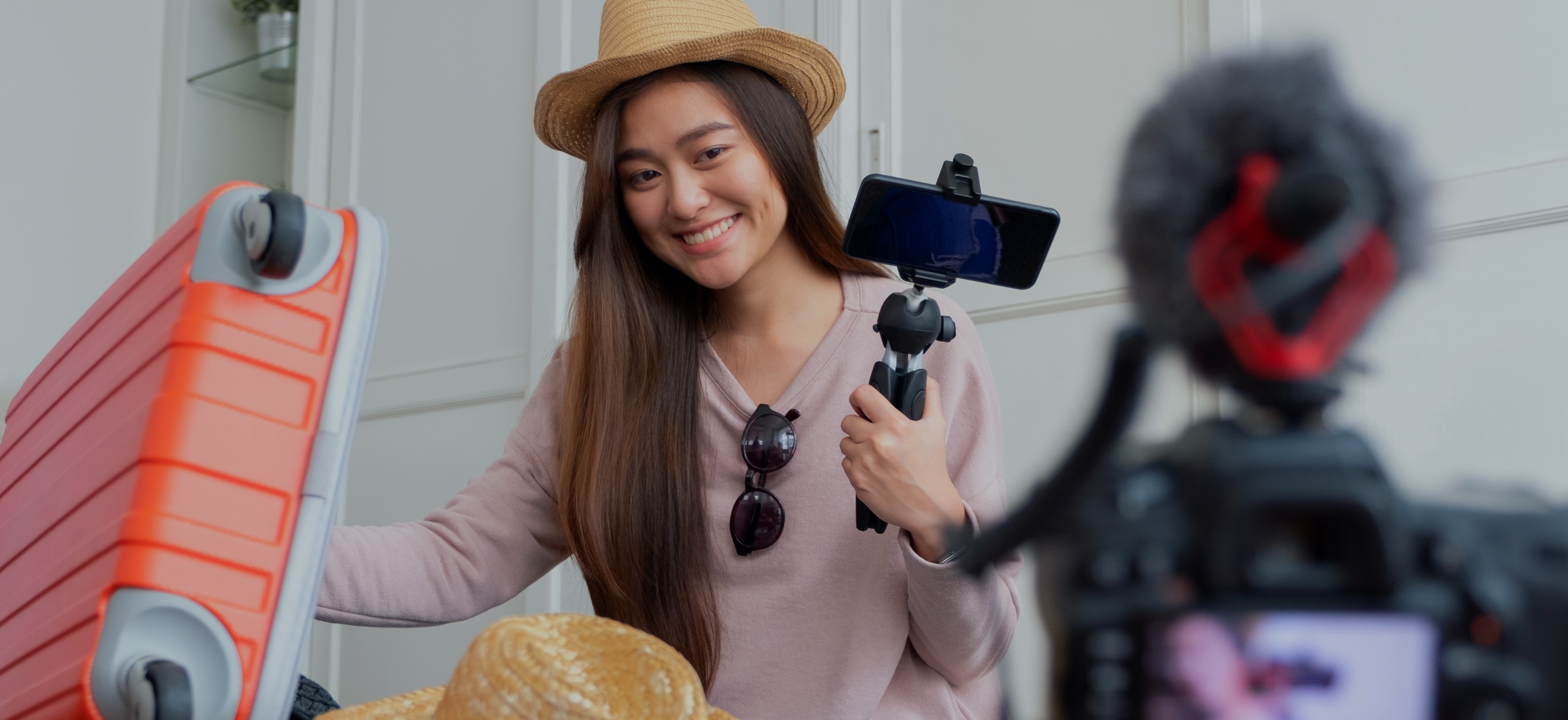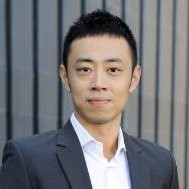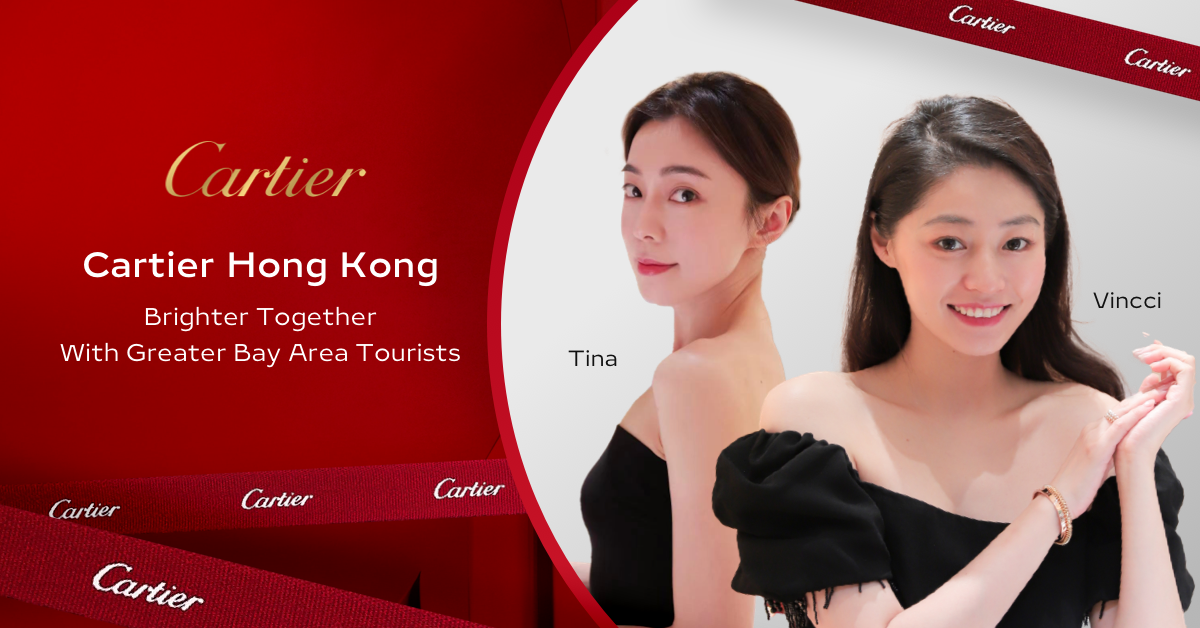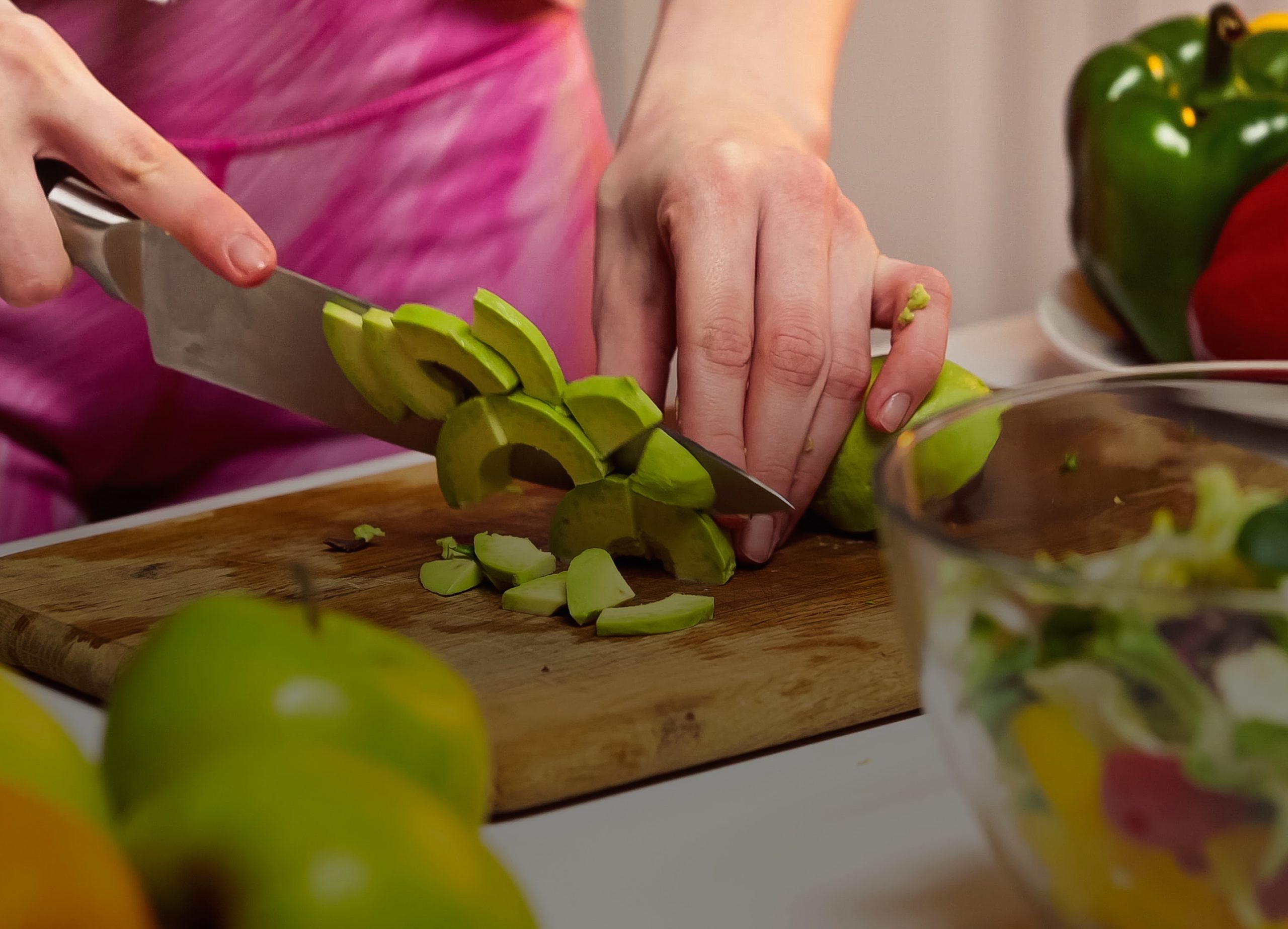South East Asia
insight-detail.php
THINK CHINA QUATERLY
Chinese Beauty Daigou in ASEAN Region
Jun 04, 2021
We need to have a clear picture of how overseas daigou operate and what’re the channels for them to sell the products in China.
Chinese consumers are the significant driving force to boost the global prestige beauty market growth. ASEAN countries like Singapore, Malaysia and Thailand are important markets for Chinese daigou shoppers to buy prestige beauty products for their customers in mainland China. These countries are traditional key markets for almost all the prestige beauty brands in the world, having the most complete brand and product choices with relatively low price compared with the market price in mainland China. On the other hand, Singapore, Malaysia and Thailand all have a big and sophisticated overseas Chinese community which has deep connection with a wider customer network in mainland China. And these three countries are also key travelling destination for Chinese tourists, who’re also an important component of Chinese daigou shoppers.
Today Chinese consumers have many different ways to purchase prestige beauty products, not just limited to official channels in mainland China. They can buy these products when they’re travelling overseas, or buy from cross border ecommerce platform like TMall, or C2C online stores on Taobao.com, or any friends who are living or travelling in overseas markets. From this you can see there’s a huge grey market for prestige beauty products outside China. As tracked and estimated by Think China, in 2018, the sales value of prestige beauty products by Chinese consumers outside China in APAC is about 16 billion euros which is twice of the sales from official channels in China. Among which, we estimated that 7.5 billion is purchase through daigou shoppers in 5 key APAC markets: Japan, Korea, Malaysia, Hong Kong and Australia. If we zoom into Malaysia, the sales value of prestige beauty products by Chinese daigou shoppers in Malaysia travel retail channels is about 100 million euros. This definitely is a huge market that no brands should ignore.
To understand this potential market, we need to have a clear picture of how overseas daigou operate and what’re the channels for them to sell the products in China. First, the daigou shoppers are not a simple type of demographic group. There’re four levels of daigou in the overseas market:

IN THE OVERSEAS MARKET
4 levels of daigou
Tourists
Travel for "purchase to sale", They’re frequent tourists to ASEAN countries like Singapore, Malaysia and Thailand. Their sole travelling purpose is to buy prestige beauty products in these markets for their own customers in mainland China. Most of them are independent travellers.
Grassroots
They’re Chinese migrants living in overseas, many of them are young moms who have a wide friend’s network in China and want to do daigou business as an income source. Another important group is Chinese international students doing daigou business to cover part of their living expenses.
VIP
Professional business owners who have retail shops in the local market, or they’re daigou-driven travel agents who have connections with local beauty shops and can provide logistics solutions.
Wholesalers
They are local retail distributors who have a direct connection with prestige brands and department stores, purchase a large quantity of product stock in bulk, and supply to the eCom platforms in China.

Daigou tourists,
they spent very little on their own
and focused all the time on purchasing products
Different types of daigou shoppers operate differently. For Daigou tourists, on average, they travel monthly to Singapore or Malaysia with a 1-year or 3-year multiple entry visa. They spent very little on their own, and focused all the time on purchasing products. Normally they’ll work with a local daigou-driven travel agent in Malaysia who has connection with local Beauty Advisors in branded beauty store or counter in shopping mall. The agent will send them a code, which they can show it to the BA in store. And daigou shoppers can send the shopping receipt to the travel agent to earn a rebate around 8-10%. Daigou tourists usually carry the products back to China through their luggage (normally 40kg max).
For grassroot daigou living in Singapore or Malaysia, they’ll recommend the products to their customers in China, when customers placed an order, they need to pay 50% of the price in advance and the rest 50% when the daigou shopper purchased the product. Daigou shoppers will courier the products to the customers through express delivery service like Shunfeng logistics.
For VIP daigou and wholesalers, the whole process is more organized and less fussy. Most VIP daigou shoppers have long-term co-operation with beauty brand staff. They’ll provide accurate information about new products availability and stock. VIP daigou will collect Chinese customers’ orders and arrange staff to purchase or directly order the products through the back door. Wholesaler is even easier, some of them own retail stores in local market, they just ship the products directly from the warehouse when there’re large-quantity orders. Usually the wholesaler will work with lots of grassroots daigou shoppers to combine their orders together.
For brands that intend to leverage this daigou shopper market in these countries, we’d recommend adopting a two-layered strategy targeting different types of daigou. To grassroots and VIP daigou shoppers, brands can develop customised Chinese language communication campaigns on Chinese digital platforms like WeChat or Little Red Book to talk to Chinese migrants and international students, use special offers or service for high spenders in local markets to encourage brand advocacy. On the other hand, to engage wholesalers, brands can select reputable wholesalers as partners to supply merchants on Ecommerce platforms such as Taobao Global Buy with SKUs that are not available in mainland China.






